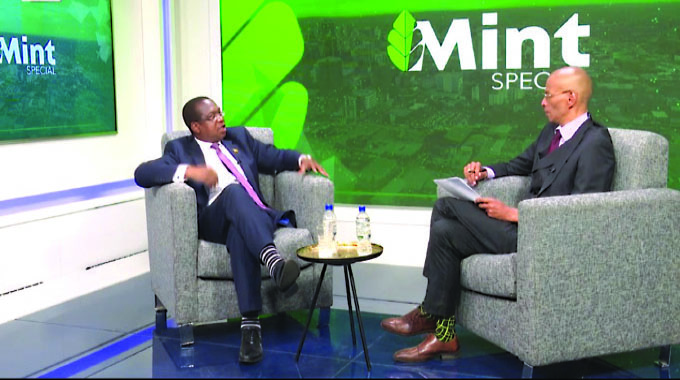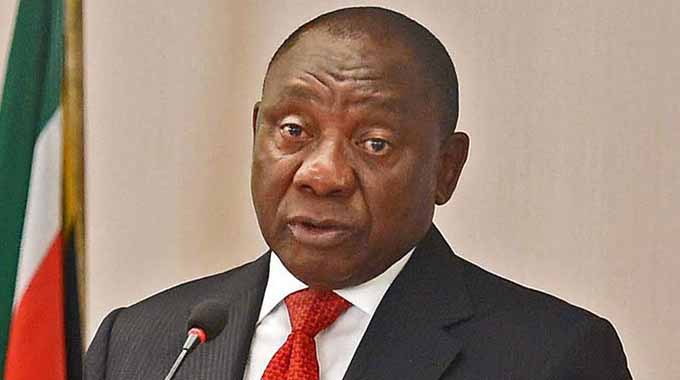Boost for satellite schools

Zvamaida Murwira Senior Reporter
Satellite schools in rural and farming communities are poised for a major facelift after Acting President Constantino Chiwenga yesterday agreed with some investors to explore ways of developing them.
Under the pilot project, at least eight identified schools in Mashonaland Central Province will benefit.
Acting President Chiwenga held a meeting at his Munhumutapa Office with investors who were keen to fund the project in the presence of Primary and Secondary Education Minister, Cain Mathema, Minister of State for Mashonaland Central Provincial Affairs Monica Mavhunga and several legislators.
After the two-hour meeting, Minister Mathema said this was the first step of an elaborate plan to upgrade underdeveloped schools.
“We have been invited by the Acting President as Minister of Primary and Secondary Education together with donors specifically for the hard up satellite schools and underdeveloped schools in Mashonaland Central Province. The Acting President is coordinating that activity so that we do something for these schools. They need classroom blocks, teachers’ cottages, bridges and solar systems. They need development, so we have been invited to meet with donors,” said Minister Mathema. “It was a very successful meeting. That is why we are here with the Minister responsible for Mashonaland Central to coordinate our activities. There are specifically eight schools that have been selected. These schools don’t have much development. It is not just Mashonaland Central, it is the whole country.”
Minister Mathema said it was high time the Government played an active role in ensuring there was development in the education sector.
“We have many satellite schools in the country, that is why we are saying it is high time we have to go out of our way to develop the schools. It is important that the teachers, learners and communities are happy. We are also saying each school must be an economic zone. Each school must have hectares of land which can be turned into economic activity. How do we sustain the development of the schools in partnership with donors? We are encouraging commercial activities at schools,” he said.
“No school must develop alone, leaving the community in which it is located. We cannot have teachers who wake up to go and fetch water in the community, we must be seen assisting our teachers and pupils. We have resolved to move ahead, we are going to assist the schools. We will start constructing schools, the donors are from all over the world.”
The land reform programme in 2000 saw the movement of more than 350 000 families to formerly white-owned commercial farms, triggering the mushrooming of satellite schools, to avoid pupils walking long distances to long-established schools.
Most of the satellite schools still need infrastructure to meet national education standards.









Comments